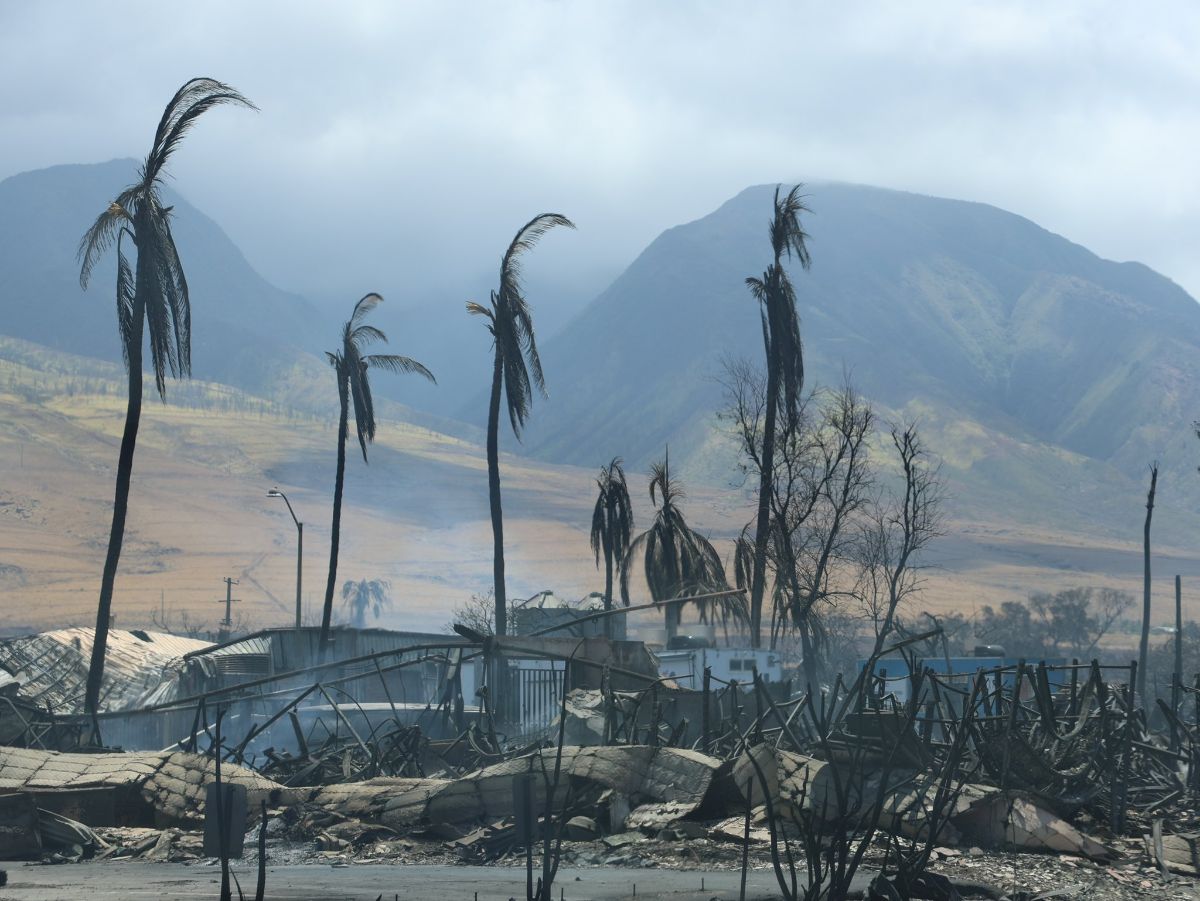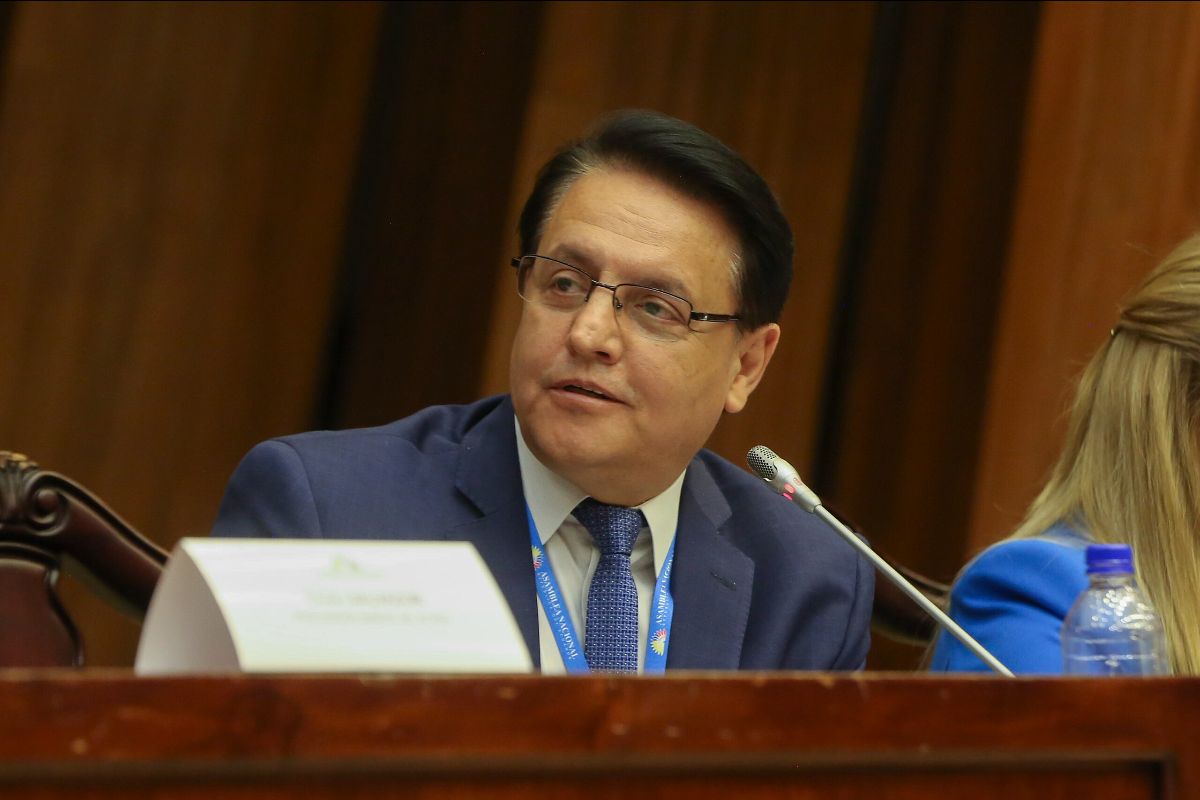Welcome to Factal Forecast, a look at the week’s biggest stories from the editors at Factal.
We publish our forward-looking note each Thursday to help you get a jump-start on the week ahead.
Week of Aug. 18-25
A Look Ahead
Aug. 20 – Ecuador elections
Ecuadorians will vote in a snap election Sunday amid a wave of political instability and cartel violence in the country.
| What’s happened so far The vote will take place amid a nationwide state of emergency just a week after presidential candidate Fernando Villavicencio was assassinated (members’ link) at a campaign event in Quito. The murder of the candidate and former journalist, who built a political career uncovering former President Rafael Correa’s involvement in corruption cases, took place amid an uptick of cartel-related violence under outgoing President Guillermo Lasso, who called early elections after the parliament tried to impeach him over embezzlement. Since 2019 Ecuador has seen prison violence spread into the streets — especially in the cities of Guayaquil and Esmeraldas — amid an open war between rival factions of Los Choneros to control drug trafficking in the country. | The impact Due to the current climate and after Villavicencio’s death, the discourse among the seven presidential candidates has focused mainly on security. The country’s electoral authority is carrying out the process to approve Christian Zurita, also a journalist, to replace Villavicencio as candidate of the Movimiento Construye party. Despite a generalized atmosphere of voters’ indecisiveness, Luisa Gonzalez, the candidate of the Revolución Ciudadana party, leads the polls due to her promises of a return to the levels of stability, security and economic prosperity of Correa’s administration. |
Aug. 20 – Second round of Guatemala presidential election
Guatemalans will elect a new leader on Sunday after a chaotic race that has observers worried about the future of the country.
| What’s happened so far Former first lady Sandra Torres has been seen as the establishment candidate throughout the race and won the most votes in the first round. Few, though, foresaw anti-corruption candidate Bernardo Arévalo advancing to the second round, which analysts attribute to the public’s desire for a political change following allegations of interference and corruption over the barring of several presidential candidates. There was concern Arévalo wouldn’t be allowed to run in the second round after a court suspended the legal status of his political party over alleged forged signatures. Several countries urged the court to keep Arévalo in the race, however, and Torres said she’d suspend her campaign if he was barred. | The impact Arévalo may have the momentum after a recent poll showed he has a significant lead over Torres. However, the court system that suspended his political party may try to keep him from taking office if he does end up with the most votes this weekend. There could also be legal challenges over which votes should be counted. If Arévalo is treated unfairly, there is the possibility of civil unrest in Guatemala and international condemnation. |
Aug. 21 – South Korea and U.S. to hold key military drills
South Korea and the United States will begin their annual Ulchi Freedom Shield exercise starting Monday.
| What’s happened so far The exercise, scheduled to last 11 days, will involve South Korean and U.S. military forces from across all services, with some 30 allied field drills slated to take place. North Korea has ratcheted up hostile rhetoric in the lead-up to the drills, with leader Kim Jong Un recently calling for an increase in weapons production and preparation for war contingencies. Pyongyang also test-fired an intercontinental ballistic missile for the first time in three months in mid-July. | The impact Pyongyang will presumably continue expressing its disapproval throughout the duration of the Ulchi Freedom Shield exercise, with weapons tests a likely possibility, as it has demonstrated in the past. Meanwhile, South Korea will also be carrying out its first nationwide civil defense drill in six years on Aug. 23 to prepare for air raid situations, which will involve mandatory evacuations to shelters and the restriction of all outdoor movement for 15 minutes. |
Aug. 22 – BRICS summit
South Africa will host the 15th BRICS summit in Johannesburg beginning on Tuesday and lasting until Aug. 24.
| What’s happened so far The upcoming international summit will include officials from Brazil, Russia, India, China and South Africa. All heads of states are expected to attend in person, except for Russia, which will send Foreign Minister Sergei Lavrov due to the ICC arrest warrant against President Vladimir Putin over alleged war crimes in Ukraine. The 2023 conference is set to be one of the largest so far, with South Africa inviting more than 60 heads of state. The United States, United Kingdom and France did not receive an invitation. | The impact This summit will be the first time that BRICS heads of state will meet in person since the start of the coronavirus pandemic. The key issue set to be discussed will be whether to expand membership to the group, a point being pushed by China’s geopolitical expansionist policies as well as Russia’s attempt to overcome the geopolitical isolation it has faced since the Ukraine invasion. Brazil is reportedly against further expansion of BRICS membership, according to Reuters, and, as the group operates by consensus, its support will be key. Approximately 30 countries have expressed interest in joining and 22 have formally applied, including Algeria most recently. |
Aug. 23 – First U.S. Republican presidential debate
Republican U.S. presidential hopefuls will face off in the first debate of the primary season Wednesday.
| What’s happened so far The Republican National Committee has established certain barometers for candidates to qualify for debates, including national polling numbers, donors and a controversial pledge to support the final Republican candidate. Among the prominent candidates to qualify for the debate is Florida Gov. Ron DeSantis, whose campaign has struggled in recent weeks, forcing campaign team layoffs. | The impact Former President Donald Trump, considered to be the frontrunner for the nomination despite facing an expanding assortment of federal indictments, has said that he is “tempted” but undecided on whether to partake in the debate. If Trump does not attend, it could open DeSantis up to attacks from other candidates, further hurting the reeling campaign that has represented the only long-shot candidacy to challenge Trump. |
Aug. 23 – Zimbabwe election
Wednesday’s general elections in Zimbabwe will see incumbent President Emerson Mnangagwa face longtime opposition leader Nelson Chamisa against the backdrop of an increasingly repressive political environment.
| What’s happened so far Mnangagwa came to power in a contested and violent 2018 poll, eight months after dictator Robert Mugabe was deposed in a party coup. During his five-year tenure, Mnangagwa has presided over skyrocketing inflation, allegations of rampant corruption and a systematic crackdown against government critics. Today, Zimbabwe is isolated from its regional neighbors and heavily sanctioned by Western powers due to human rights abuses and the government’s failure to resume servicing the country’s $14 billion foreign debt. | The impact Concerns are mounting over the fairness of Wednesday’s poll; Chamisa said more than 60 party meetings have been banned or disrupted by police and the opposition has not had equal access to state media apparatus. A simple majority is required to win the vote and results must be published within five days. If no candidate reaches the 50 percent threshold, a run-off will be held on Oct. 2. |
What Else Matters

Hawaii wildfires
More than 100 people have died on Maui, with hundreds of others still unaccounted for more than a week after the deadliest U.S. wildfire in over a century first sparked on the island. At least 2,200 structures have been either damaged or destroyed, with the town of Lahaina receiving the brunt of the devastation. President Biden has approved a major disaster declaration, freeing up federal funds to assist in recovery efforts, which are expected to take years.
| Watch for: The president will visit Maui on Monday to meet with first responders, survivors and local officials. It’s currently unclear what started the fires, but videos taken in Lahaina suggest fallen utility lines amid high winds are a possible cause. Amid concerns land speculators could look to capitalize on the tragedy, Hawaii Gov. Josh Green said he has directed the state’s attorney general to explore a possible moratorium on the sale of properties damaged or destroyed by fire. Residents have also expressed frustration that the island’s emergency siren system was not activated as flames spread. |
Deadly clashes in Libya
Fighting between two militias aligned with Libya’s west-region-based government broke out in the capital Tripoli this week, leaving dozens of people dead and marking another escalation in conflicts that have plagued North Africa’s biggest oil producer since Arab Spring protests toppled Muammar Gaddafi in 2011.
| Watch for: Unlike most past incidents of deadly fighting, the latest outbreak of violence did not pit militias from the country’s rival governments based in its eastern and western regions, but two of the many armed groups that have helped the Tripoli-based Prime Minister Abdul Hamid Dbeibeh remain in power. As a shaky ceasefire took hold late Tuesday, emergency responders scrambled to tend to wounded civilians caught in the crossfire and evacuated those in areas that remained accessible. Libya’s cycle of violence continues to block domestic and international efforts to hold elections as a proposed path to uniting the divided nation and ending its civil war. |
Extended Outlook
What’s on our radar in the coming weeks…
Aug. 18-25
Aug. 20
- Guatemala election runoff
- Ecuador elections
Aug. 21
- President Biden visits Hawaii
- South Korea, U.S. to stage key military drills
- Former U.S. President Trump says he will release report on Georgia “election fraud”
Aug. 22
- BRICS summit
Aug. 23
- First debate for U.S. Republican presidential primary
- India’s Chandrayaan-3 Mission expected to land on moon
- Zimbabwe elections
- South Korea civil defense drill
Aug. 26-Sept. 1
Aug. 26
- Gabon elections
Aug. 27
- Final results of CAR constitutional referendum
Sept. 1
- Singapore presidential election
- Paris to ban e-scooters
Sept. 2-8
Sept. 3
- Start of electoral campaign in Argentina
Sept. 4
- ASEAN summit in Jakarta
Sept. 6
- Announcement of MORENA party presidential candidate in Mexico
Sept. 7
- NFL season begins
Sept. 8
- Rugby World Cup in France
Sept. 9-15
Sept. 9
- Maldives elections
- Possible military parade in North Korea
- G20 summit in India
Sept. 10
- Russia-organized elections in annexed portions of Ukraine’s Luhansk, Donetsk, Kherson and Zaporizhia regions
Sept. 14
- IMF staff to visit Sri Lanka
Thanks for reading! If this was forwarded to you, you can sign up for free.
Top photo: Ecuadorean presidential candidate Fernando Villavicencio, pictured above serving in Ecuador’s National Assembly in 2021, was assassinated last week during a campaign event in Quito. (Photo: National Assembly of Ecuador)

